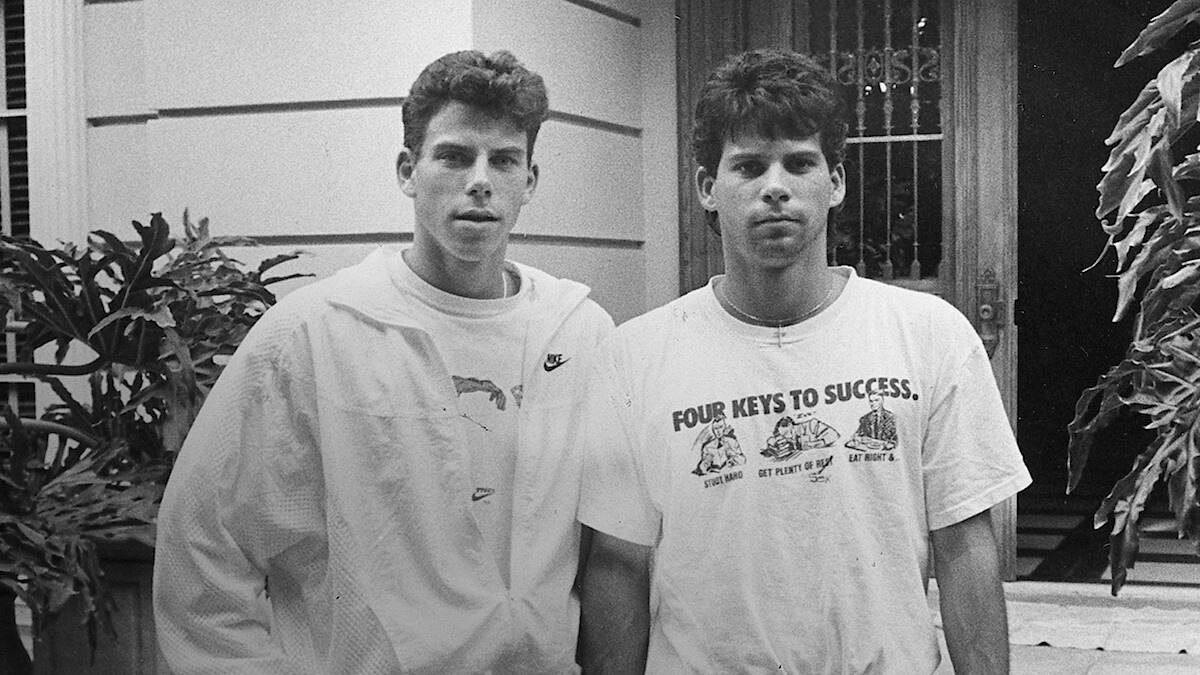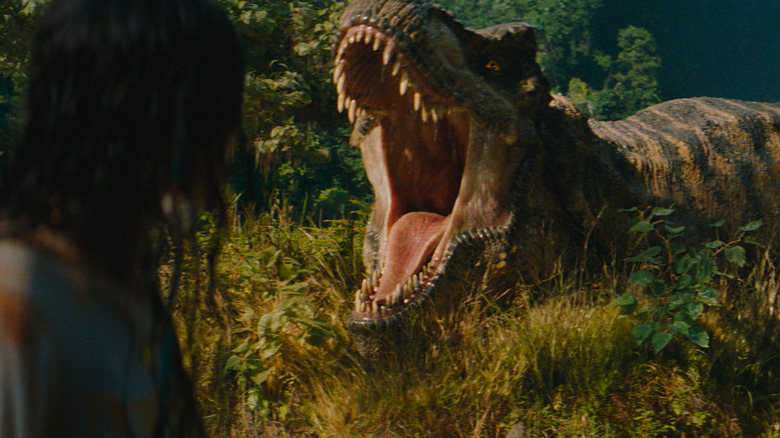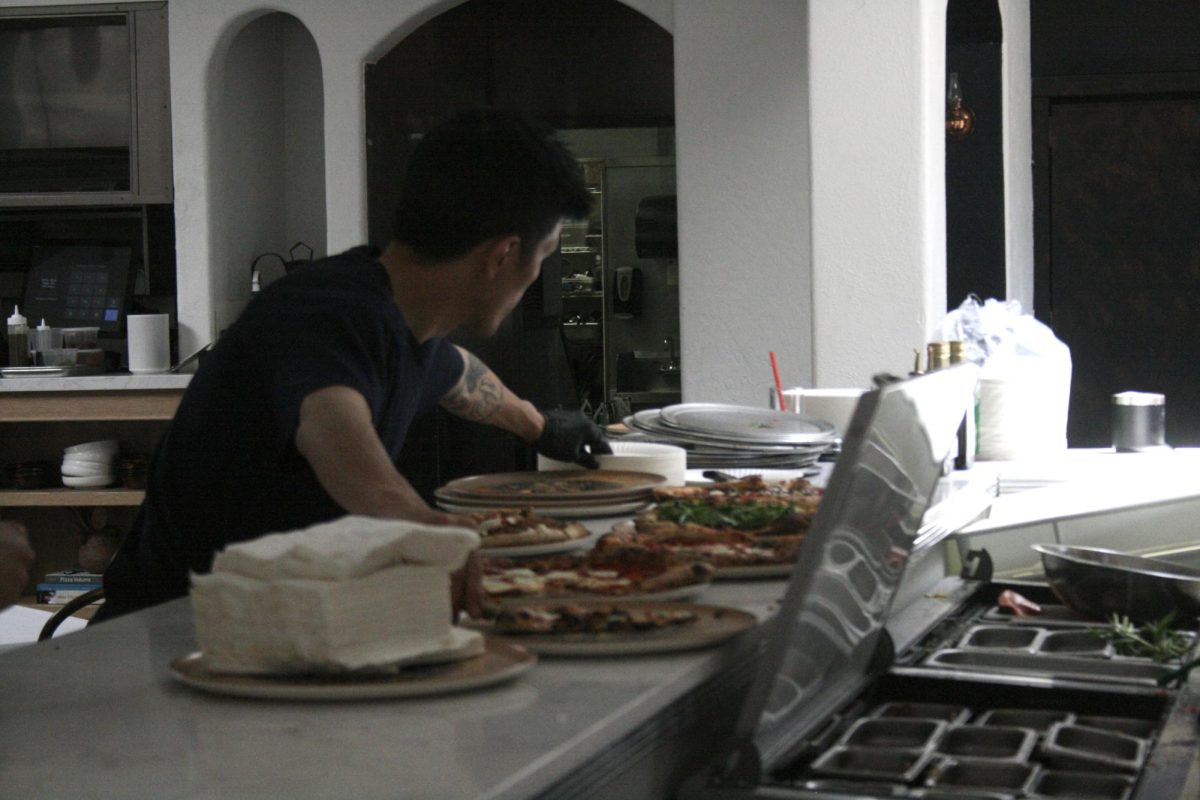With fresh evidence resurfacing in the public eye, the Menendez brothers’ case has again drawn public attention potentially reopening their controversial trial.
Erik and Lyle Menendez, a wealthy Beverly Hills family, were convicted in August of 1996 for the murders of their parents, Kitty and Jose Menendez.
Kitty was a stay-at-home mother, while Jose was a prominent entertainment executive.
According to NBC News, the brothers initially claimed they acted in self-defense, citing years of sexual, physical and emotional abuse by their father.
The defense’s strategy during the first trial hinged on these allegations, portraying the killings as a desperate response to prolonged suffering.
However, their lavish spending spree following the murders raised questions about their motives, with prosecutors suggesting financial gain as a driving factor.
A Tale of Two Trials
According to the documentary “The Menendez Brothers on Trial: The Real Story,” the first Menendez trial (1993-1994) captured national attention, with the brothers’ tearful testimonies broadcast to millions.
Their defense was bolstered by psychologists and friends who testified about the alleged abuse.
However, the trial was declared a mistrial by Judge Stanley Weisberg, as the two juries could not agree on whether the brothers acted out of fear or greed.
The second trial (1995-1996) took a dramatically different approach. The court restricted the defense from presenting much of the evidence related to abuse, narrowing the focus to financial motives and premeditation.
According to the documentary, this shift made it easier for the prosecution to argue their case, leading to a unanimous conviction for first-degree murder.
Rachel Pergament of crimelibrary.com recorded in her documentation of the Menendez Brothers trials that, in the second trial, the jury could only find the brothers either guilty of first-degree murder or not guilty at all; second-degree murder was no longer on the table.
This shift in strategy played a crucial role in securing a unanimous jury decision.
The timing of the second trial also played a critical role. Occurring shortly after O.J. Simpson’s acquittal, public confidence in the justice system was at an all-time low.
“O.J. ‘s verdict had a very negative effect on our case,” said Erik Menendez in the documentary The Menendez Murders: Erik Tells All.
The Media’s Role
According to the documentary, “The Menendez Brothers: Where Are They Now?,” media coverage was a double-edged sword in the Menendez case. The first trial became a television spectacle, with the brothers’ emotional accounts captivating viewers but adding public pressure to the legal proceedings.
By contrast, the second trial featured tighter media restrictions, allowing the court to focus on legal arguments rather than emotional narratives.
The trials became a media sensation in the 90s, marking a pivotal moment in the intersection of legal proceedings and public entertainment.
The first trial (1993-1994) was among the earliest to broadcast on Court TV, a platform dedicated to live coverage of legal cases, according to the New York Times.
The Impact of “Monsters: The Menendez Brothers”
Netflix’s “Monsters: The Menendez Brothers” has reignited public interest in the decades-old case, offering a dramatized portrayal of the brothers’ lives and the events leading up to the murders.
The series is part of the “Monsters” anthology, which previously explored notorious criminal cases such as Jeffrey Dahmer’s, blending true crime with dramatic storytelling.
While praised for shedding light on the brothers’ complex backgrounds, the series has faced criticism for glamorizing their actions and potentially skewing public perception.
According to the magazine “The Week,” critics argue that such portrayals risk oversimplifying the moral and legal intricacies of the case.
Lingering Questions of Justice
The Menendez brothers’ story continues to provoke debate about the fairness of their second trial.
The critics point to the exclusion of key abuse-related evidence and allege judicial bias as factors that undermined the defense’s case. These concerns have led some to question whether justice was truly served.
According to CNN, Los Angeles County District Attorney George Gascón has announced his recommendation to resentence the brothers, who have spent nearly 35 years in custody
As new evidence comes to light, the case once again challenges the delicate balance between legal standards, media influence, pop culture and public opinion.






